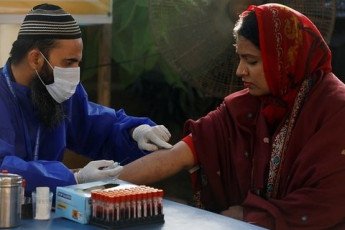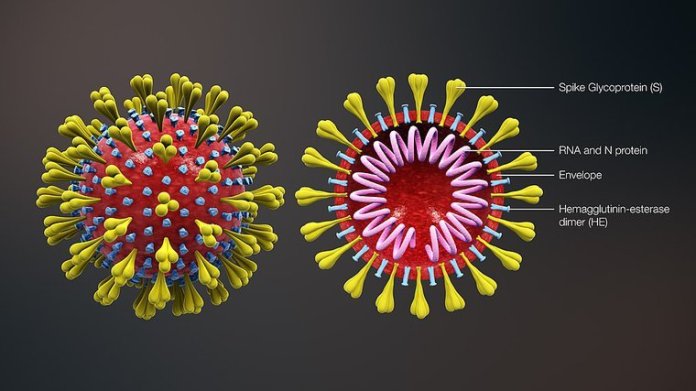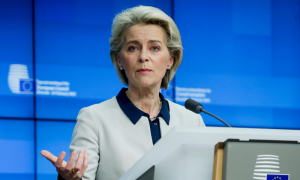Pakistan may be first to introduce C-IVIG therapy to treat COVID-19

Islamabad: Pakistan is on the threshold of becoming the first country to carry out the research, mandatory to introduce intravenous immunoglobulin (C-IVIG) therapy at a mass level as ‘severe’ patients under treatment for coronavirus, have 100 percent recovery rate.

This was pointed out by scientists at Karachi’s Dow University of Health Sciences (DUHS), who are conducting clinical trials of intravenous immunoglobulin (C-IVIG) therapy for the treatment coronavirus.
The therapy uses immunoglobulin (IG), a blood product extracted from the plasma of people who have recovered from infection, and which is rich in the antibodies that target the virus. Continuous infusion of immunoglobin can neutralize the infection in patients and shorten the course of the disease, scientists at DUHS said.
In June, DUHS trials started on 30 participants, most from the high-risk group of people above the age of 60, with many suffering from diabetes, hypertension and other comorbidities.
“The trials are very encouraging and remarkable,” Dr. Shaukat Ali, head of biotechnology at DUHS and lead on the C-IVIG project, said in an interview with Arab News.
“At the moment, what we have seen is that all severe patients who received C-IVIG treatment had 100 percent recovery ratio while in critical patients the recovery ratio was 50 to 60 percent.”
Besides, the high recovery rate, Dr. Ali said, the DUHS team had observed that the treatment had significantly reduced the period of hospitalization.
“The results show that the number of hospitalization days were reduced to six and a half days for severe patients, which is very encouraging because normally a severe patient would occupy hospital resources for 20 to 25 days.”
Dr. Shaukat Ali said Pakistan was the first country to develop the immunoglobulin solution in April 2020.
“Only a week ago, an announcement was made by a global plasma alliance of big companies of blood producers, to work on the project,” Dr. Ali added, referring to the Covid-19 Plasma Alliance.
In Pakistan, clinical research started in June, after a series of regulatory approvals. The experiment was also registered with the National Library of Medicine at the National Institutes of Health in the United States, which maintains the biggest global registry of clinical trials.
“Pakistan is the first country in the world which has accomplished the experiment and announced it,” Dr. Shaukat Ali said.
The Drug Regulatory Authority of Pakistan (DRAP) authorized clinical trials for critically ill COVID-19 patients in mid-April. In the same month, DUHS purified immunoglobulin from the plasma of COVID-19 patients and prepared IVIG formulation to treat severe and critical virus cases, the report said.
To seek more plasma donors, DUHS scientists announced the outcome of their trials on November 21, ahead of their scheduled completion in January 2021.
“With the onset of winter, hospitals are full with patients and we want to alert the authorities that we have the solution that we have developed indigenously and to motivate general public to donate plasma,” Dr. Shaukat Ali said.
The announcement was met with substantial public response. “We are getting plasma from donors and proceeding faster now. We will complete the trial within a month and go for next phase which will be multicentric, where we will add more people across the country at different centers,” Dr. Shaukat Ali added.





